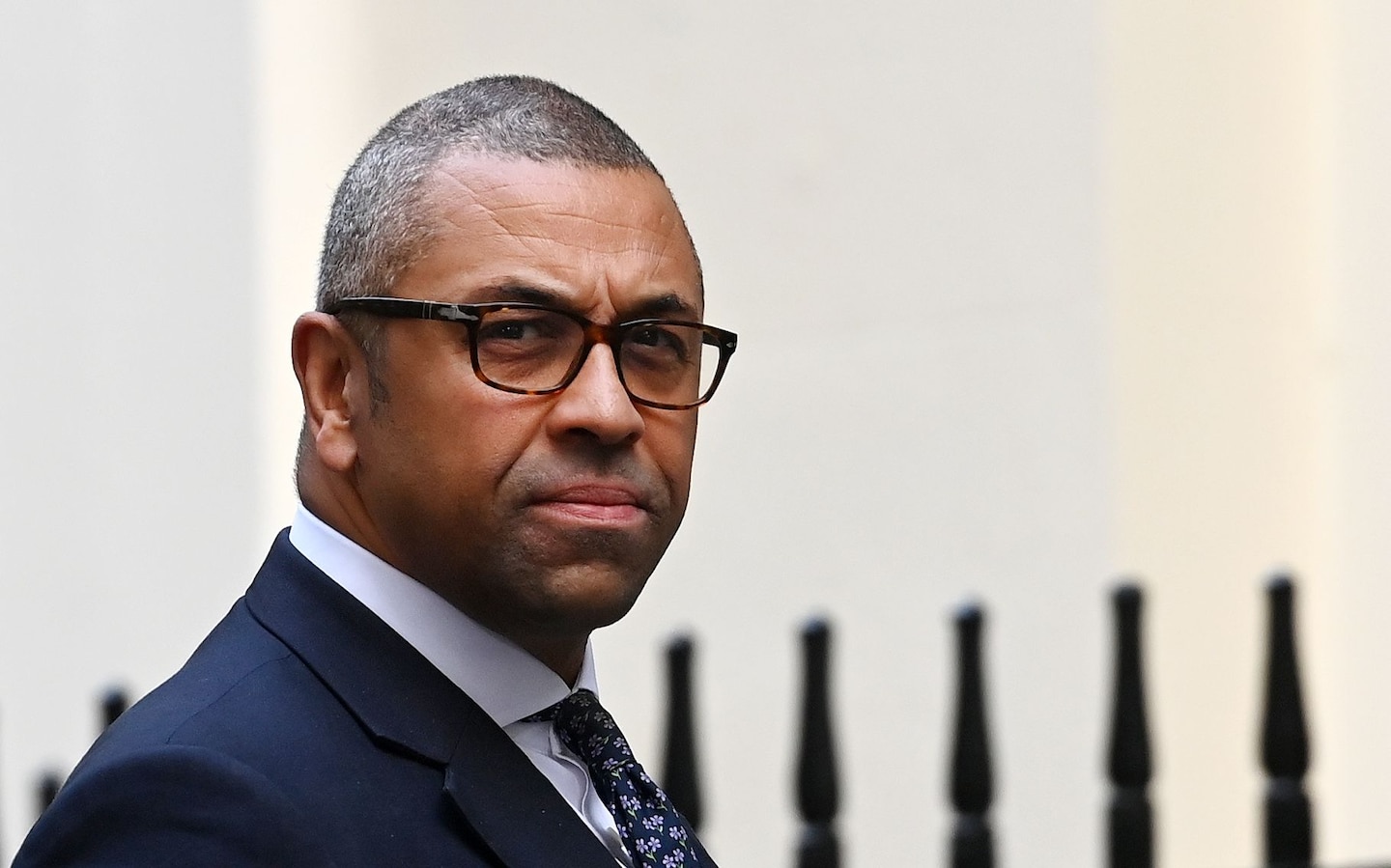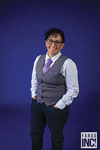
“I think with a little bit of flex and compromise at both ends, it can be a safe, secure and exciting World Cup,” he added.
Critics said Cleverly, a member of the center-right Conservatives and a supporter of same-sex marriage rights, was essentially asking LGBT fans to hide their identities in a country where homosexuality is a crime. Consensual sex between men is prohibited under Qatari law, which doesn’t explicitly ban sex between women, according to the U.S. State Department. Sex between men carries a penalty of up to seven years in prison.
Gary Lineker, a British former national soccer player, tweeted: “Whatever you do, don’t do anything Gay. Is that the message?”
“Don’t be gay at World Cup,” read Thursday’s cover of Metro, a British tabloid.
Lucy Powell, who speaks for the opposition Labour Party on sports and culture, called Cleverly’s comments “shockingly tone deaf.” She urged the government to challenge FIFA “on how they’ve put fans in this position,” instead of “defending discriminatory values.”
Downing Street rebuked Cleverly’s comments, saying in a statement that people should not have to “compromise who they are,” according to the Associated Press.
Amid the criticism, Cleverly reiterated his stance, telling British broadcaster Sky News that “we have incredibly important partners in the Middle East,” and that “it’s important, when you’re a visitor to a country, that you respect the culture of your host nation.”
When asked whether he planned to attend the World Cup, which runs from Nov. 20 to Dec. 18, Cleverly said he would because “it is an important international event” where other interlocutors would be. He also had to be there to protect British travelers, he said.
Human Rights Watch said in a report Monday that arbitrary arrests and abuse of LGBT people have continued in Qatar as recently as last month.
Cleverly’s comments came after British activist Peter Tatchell was stopped by police in Qatar on Tuesday while protesting the country’s stance toward LGBT people. In a statement, Tatchell said he was “held by police and state security services for 49 minutes” after holding a sign that said, “Qatar arrests, jails & subjects LGBTs to ‘conversion,’” referencing a debunked treatment that aims to change an individual’s sexuality. Some countries, including Britain and Canada, have banned the practice.
Cleverly, speaking on LBC, said he had not spoken with the Qatari government regarding Tatchell, and that the activist’s situation was addressed by the British consular team there. Tatchell said that he was “interrogated,” adding, “it’s a shame the Qatari government is trying to deflect attention from their diabolical human rights abuses by misrepresenting a peaceful protestor.”
The Qatari government said Tatchell was not detained nor arrested but was told “cordially and professionally” to move, and that “rumours” that he was arrested were “completely false and without merit,” according to Reuters.
Aside from concerns over LGBT rights in Qatar, the Gulf country’s treatment of underprivileged groups such as migrant workers has been heavily scrutinized since it was awarded the rights to host the tournament. Qatari leaders have bristled at some of the criticism. In May, the country’s emir, Tamim bin Hamad al-Thani, claimed that the attacks were by “people who cannot accept the idea that an Arab Muslim country would host a tournament like the World Cup.”
Powell, the Labour Party politician, noted Qatar’s record on “how they’ve treated migrant workers, who’ve built the stadiums to host this World Cup.”
The tournament is the latest global sporting event to draw criticism over its host country’s human rights record. When China hosted the Winter Olympics this year, the White House instituted a diplomatic boycott in protest of the country’s human rights abuses, including its crackdown on its minority Uyghur population.
Andrew Jeong contributed to this report.








